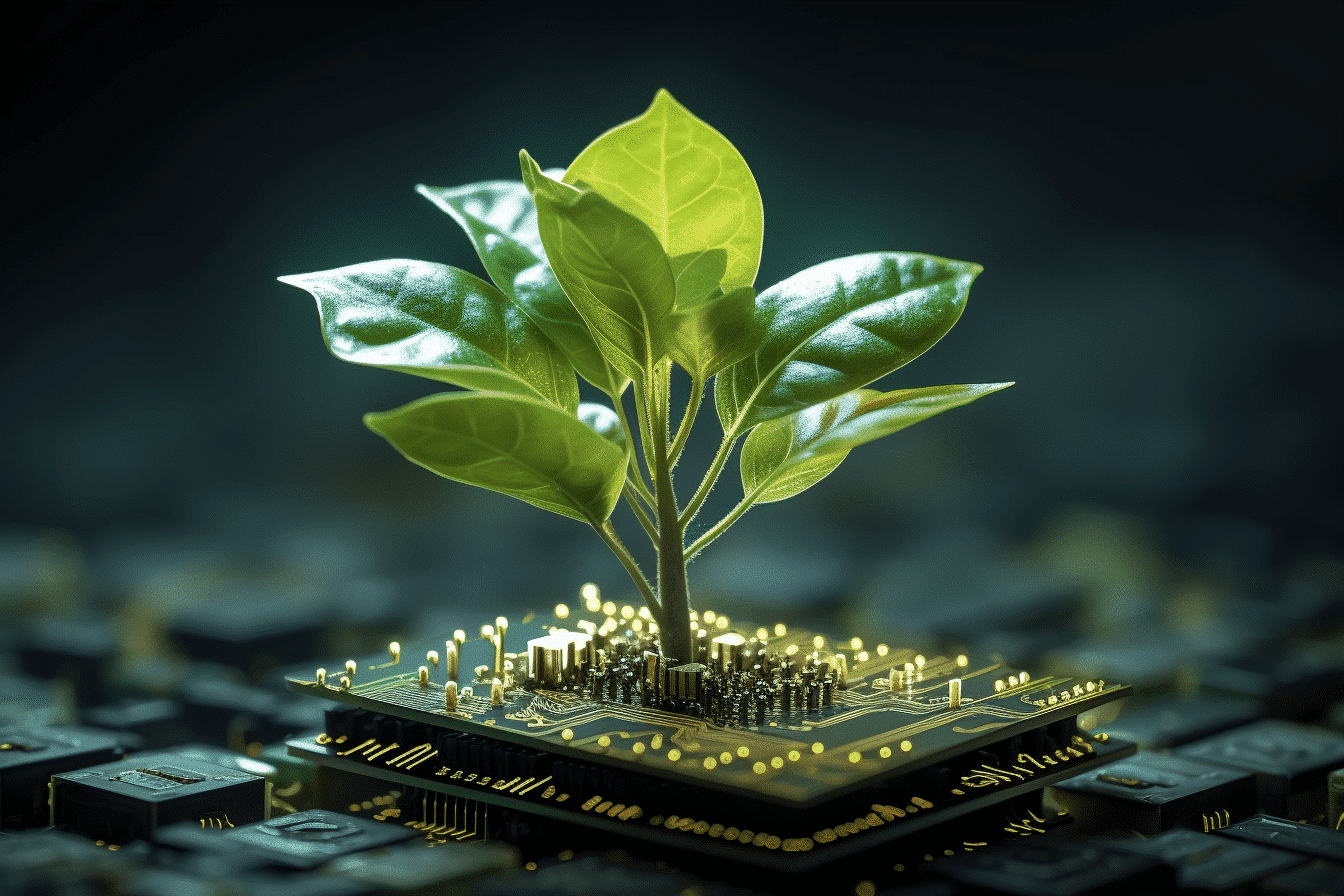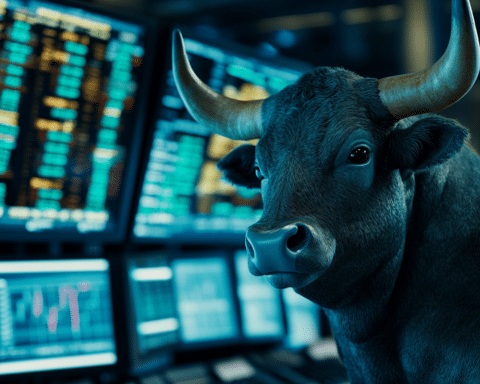In an era where global challenges loom large, technological advancements, particularly in AI, are emerging as pivotal solutions for creating a sustainable and prosperous future. The intertwining of ecological, social, and governance issues has reached a critical juncture, necessitating immediate and effective action. As the world grapples with these complexities, AI-enabled technology stands at the forefront, offering innovative solutions that promise to reshape our approach to these challenges.
Economic and Environmental Benefits of AI
Recent studies have highlighted the substantial impact of AI across various sectors, including agriculture, energy, transport, and water. By 2030, AI applications in these fields are expected to inject approximately $5.2 trillion into the global economy, marking a 4.4% increase compared to traditional methods.
This economic boost is accompanied by a significant environmental benefit, with a projected reduction in global greenhouse gas emissions by 4%. This figure equates to the combined annual emissions of countries like Australia, Canada, and Japan, showcasing the immense potential of AI in fostering a more sustainable world.
AI in Agriculture: A Solution to World Hunger
One of the most critical applications of AI technology is in the agricultural sector. With the promise of enhancing and automating crop yields, AI stands as a beacon of hope in the fight against global food shortages.
Through the integration of AI and data management in farming practices, there is a realistic possibility of achieving a more efficient and sustainable food production model. This approach not only addresses the pressing issue of world hunger but also paves the way for more balanced resource management.
Revolutionizing Farming Practices
The advent of AI in farming has introduced a new era of automated maintenance, reducing the need for extensive human intervention. Technologies that once relied heavily on environmental conditions in the field are now being replicated in greenhouses, resulting in superior crop yields both in terms of quantity and quality. AI-based data collection systems are transforming the labor-intensive aspects of food production, marking a significant shift in the way we approach agriculture.
Data-Driven Insights for Enhanced Crop Production
The fusion of AI with the ancient practice of farming has led to remarkable advancements. Farmers are now able to leverage satellite data for weather pattern predictions and pest control monitoring, integrating vast amounts of information into their daily operations. AI synthesizes this data, providing actionable insights and recommendations for increasing crop production. This data-driven approach not only optimizes agricultural practices but also ensures a more effective and sustainable use of land resources.
The role of AI-enabled technology in shaping our future cannot be overstated. Its applications in key sectors like agriculture are not just promising; they are essential for addressing some of the most pressing challenges of our time. As we move forward, it is clear that the integration of AI into our daily lives will be instrumental in building a resilient, sustainable, and prosperous world for generations to come.




